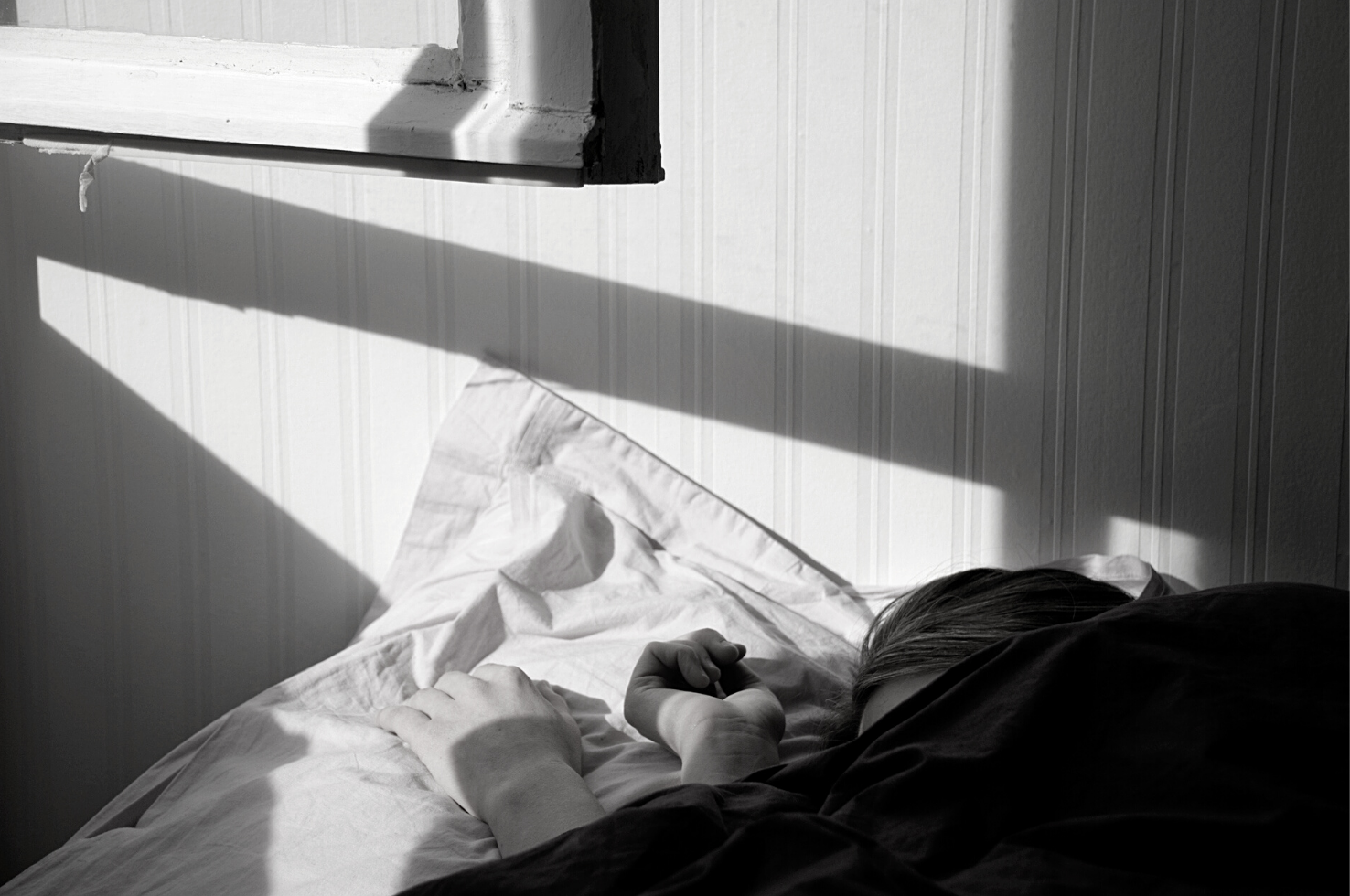SLEEP: The Influence of Sleep Disruption, Trauma Exposure & Resilience on the Stability of Sleep Features

Sleep is influenced by individual differences in genetic and environmental factors, as well as differences in brain structure. Although some sleep parameters vary substantially from night to night, a number of specific sleep features remain highly stable. Within a single individual, the stability of certain sleep features can be considered trait-like, meaning stable sleep parameters remain so, even following experimental manipulation (such as sleep deprivation) that impacts subsequent sleep.
In terms of sleep disruption, sleep schedules can vary substantially, particularly among individuals such as medical professionals, pilots, and military personnel. Compared with healthy sleepers or individuals with insomnia, people with post-traumatic stress disorder have reduced stability in sleep from night to night, and history of trauma exposure (even without development of PTSD) can have persistent disruptive effects on sleep.
To examine trait-like features of sleep across sleep opportunities of different durations and timing, investigators including Alice LaGoy, PhD (postdoctoral scholar), and Fabio Ferrarelli, MD, PhD (Associate Professor of Psychiatry), from Pitt Psychiatry examined the stability and robustness of sleep characteristics. Across a five-day simulated military operational stress protocol, they studied sleep architecture and sleep electroencephalogram spectral activity parameters, as well as relationships among trauma history, resilience, and sleep. Their study was recently published in SLEEP.
“The stress protocol was designed to mimic conditions that military personnel would experience in the field, namely exposure to sleep disruption, caloric restriction, and high cognitive and physical demands. This protocol allowed us to examine the stability of sleep despite exposure to these conditions and across sleep opportunities that differed in timing and duration,” said Dr. LaGoy, the study’s first author.
Study participants comprised 68 men and women participating in active or reserve military duty, with racial and ethnic backgrounds that were similar to that of the military. During the protocol, participants’ sleep was monitored with standard polysomnography.
The investigators found that non-rapid eye movement alpha and sigma brain activity was robust across variable sleep opportunities. Other sleep parameters, including slow wave sleep, absolute and relative delta, and theta and beta spectral activity demonstrated high stability across eight-hour sleep opportunities, but this stability was less robust across other sleep opportunities. The results showed that absolute non-rapid eye movement delta and relative non-rapid eye movement spectral activity during short sleep opportunities were less stable in individuals with high trauma exposure and low self-reported resilience.
“We spend about a third of our life sleeping, but we still do not know what the function of sleep is. We do know that certain features of sleep tend to reliably occur night after night,” said Dr. Ferrarelli, the study’s senior author. “By comparing same-sleep and different-sleep opportunities in this study, we found that some sleep parameters, including sigma/spindle power, are both stable across same-sleep opportunity and robust to variation in sleep opportunities. This pattern suggests that these sleep parameters are trait-like characteristics for a given individual. Variability of these parameters may reflect individual differences in resilience and/or history of trauma and may help to predict risk for post-traumatic stress disorder or other psychiatric disorders.”
A trait of mind: Stability and robustness of sleep across sleep opportunity manipulations during simulated military operational stress
LaGoy A, Cashmere JD, Beckner ME, Eagle SR, Sinnott AM, Conkright WR, Miller E, Derrow C, Dretsch MN, Flanagan SD, Nindl BC, Connaboy C, Germain A, Ferrarelli F
Sleep, Volume 45, Issue 2, February 2022, https://doi.org/10.1093/sleep/zsab219
